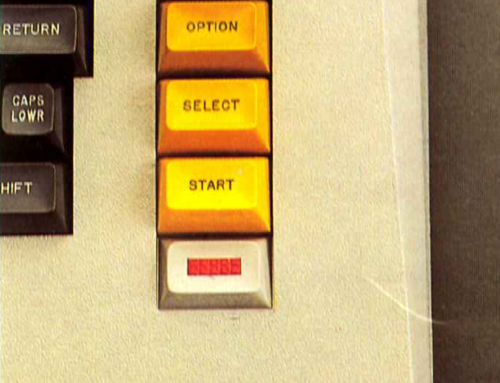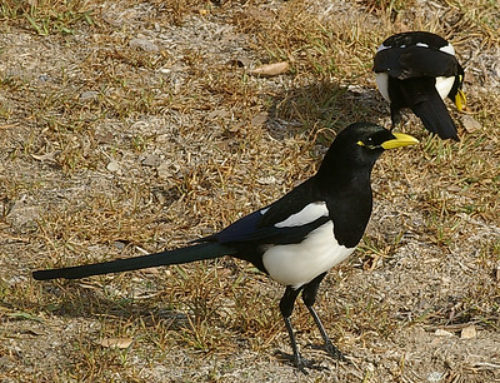I had an epiphany of sorts recently. To be perfectly honest, I’m a big believer in regular epiphanies. I’ve come to believe there are certain things we should always do regularly. Celebrating is one of those, for instance. One of my dear friends once told me that her mom used to celebrate literally everything—or anything at all. “Oh, yay, I opened a can of tuna!” Constant celebration.
So, ya, epiphanies are kind of like that for me. I try to stumble upon them in the lyrics of songs, within the cadence of conversations, and inside every single book I read.
My latest epiphany was from the latter source: Tim Ferriss’s recent book, Tools of Titans. For those of you who don’t know Tim Ferriss, here’s my personal abbreviated bio of his life. If he takes exception to my extemporizing, he’s welcome to let me know.
My take on Tim
I first came across Tim Ferriss following the publication of his first book, The 4-Hour Workweek. Although it was published in 2007, I picked it up around 2010 and it radically altered my perception of the possible. The main premise of the book is that it’s possible to accomplish great things without sacrificing yourself on the altar of workaholism. By automating, adopting repeatable processes, delegating, and outsourcing—he explained—you can build a business without digging your own grave.

So, no, I suppose the premise wasn’t revolutionary. But his delivery certainly was. For example, to prove the effectiveness of outsourcing, Ferriss actually outsourced the writing of one chapter of his book. To demonstrate the power of his process to become an expert in anything, he learned Argentinian tango in something like four months and then went on to set a Guinness World Record at the tango world championship in Buenos Aires. He was 23 at the time.
Following the success of his first book, Ferriss went on to write two more in the “4-Hour” series. As his popularity grew, so did his success. His blog has something like 1 million monthly readers. His podcasts are even more popular—with over 150 million downloads and counting. The format of those podcasts fuels their popularity. In essence, he interviews really interesting people to uncover their secrets to success. And he defines success pretty broadly—it’s not just about making lots of money. It’s about reaching peak health, and making critical distinctions on the path to wisdom.
Tools of Titans—you remember, the book that sparked my most recent epiphany?—follows the format of his podcasts. It’s broken into three sections: healthy, wealthy, and wise. It summarizes the key tidbits from his hundreds of podcast interviews and distills them down into information-packed digestible chunks that, taken together, kind of blew my mind. The book is over 800 pages long. I walked around with it under my arm, along with my journal and pen, for two weeks while I read it cover to cover. I felt like a university student again. I took over 20 pages of notes. I can’t possibly summarize everything I learned. But I can share my key takeaway, at least for the moment—what I’m calling my latest epiphany:
If you want to move forward, you’ve gotta slow down
This isn’t the central message of the book. Other people may draw other conclusions entirely. But what hit me hardest about Tools of Titans is the imperative to “deload,” as Ferriss calls it—to find space amid the crazy to think and create.
How can we craft a future that aligns to our goals and dreams if we don’t take time to clarify our goals and dreams? How can we change the nature of the way we perform in life if we don’t assess what’s currently working and what isn’t? How can we overcome our limitations if we never map the contours of our own cage?
This feels like a lesson I’ve already learned, but I’m prepared to once again take it to heart. With 2017 coasting to a close and a new year sneaking in, the timing feels ripe to sequester myself for a few days (or weeks) and pull inward. There are many questions I’d like to ask myself and journal about. What am I continuing to do that I’m not good at? What personal systems or beliefs have I outgrown? Am I doing what I feel I was placed on earth to do? What do I fear doing most?
I’ve realized, in the past few weeks, that it’s time to pay closer attention to what I’m thinking. My plan is to root out the stagnant and replace it with empowering alternatives. I’m excited—and a little afraid—about what I’ll uncover. Perhaps the greatest epiphanies of all.





Leave A Comment